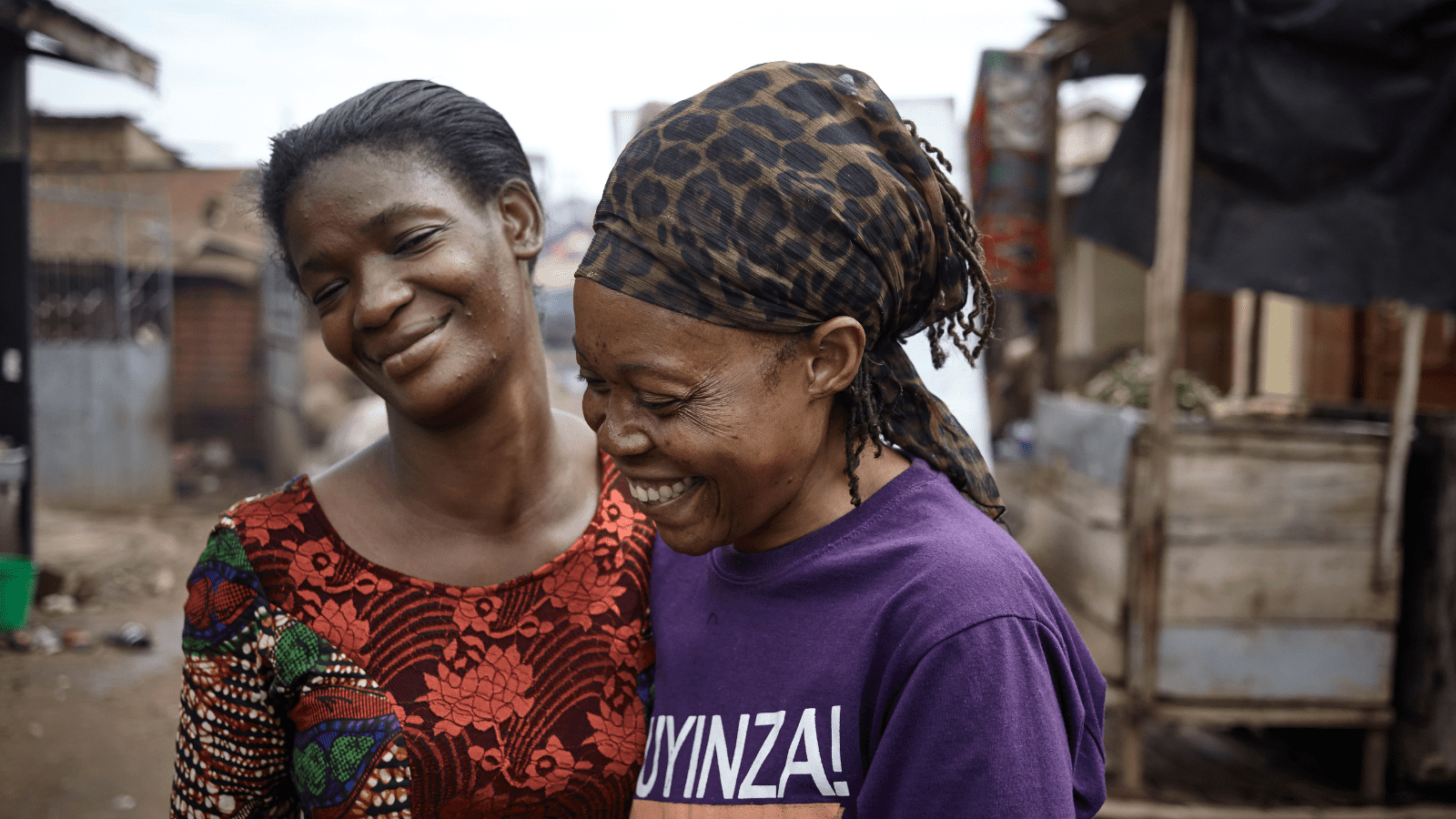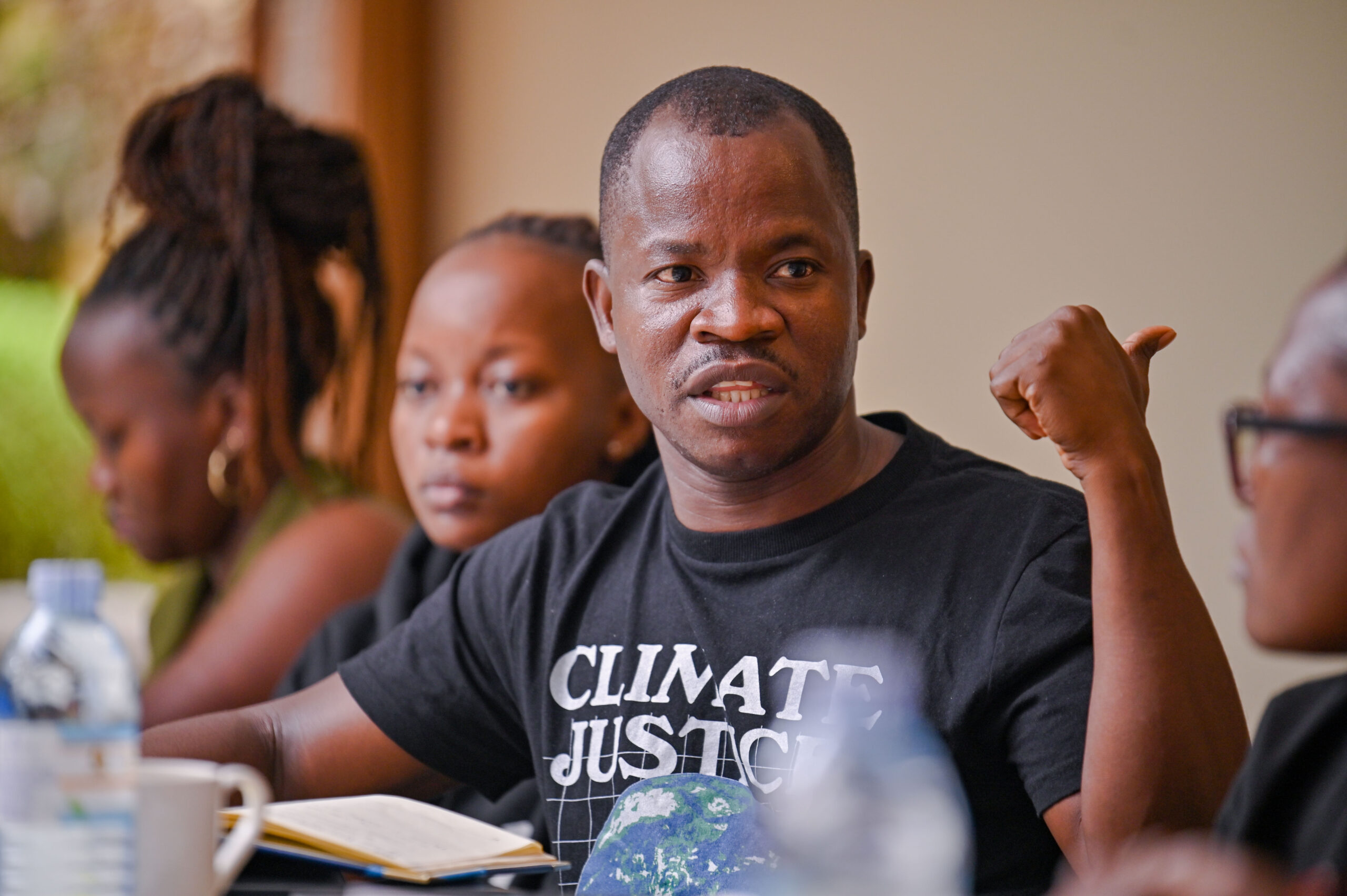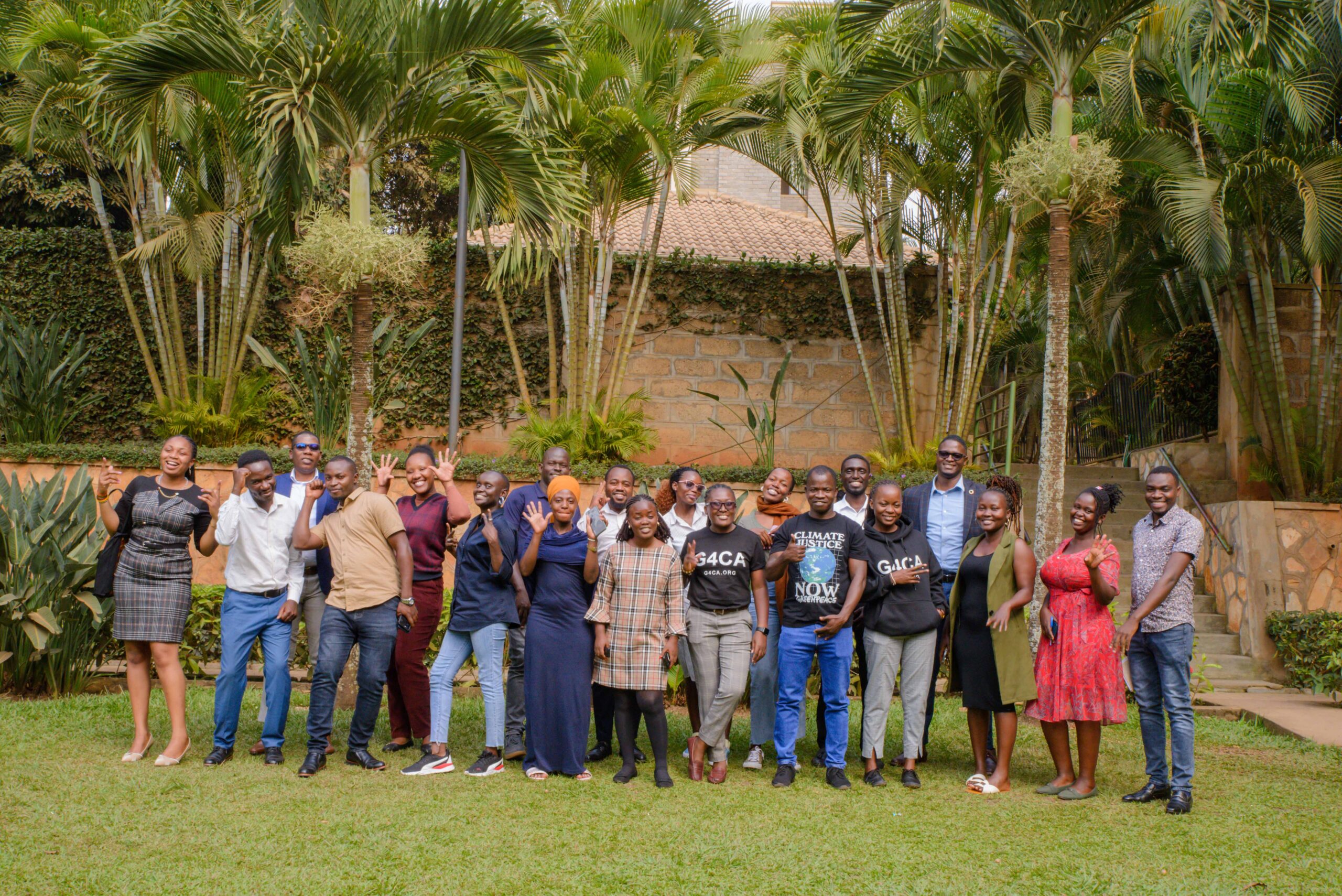This article was published more than 5 years ago.
I’ve had the privilege to meet many courageous human rights activists working in challenging contexts. But on a recent trip to the eastern Democratic Republic of the Congo (DRC), I was reminded of the unique difficulties of working in one of the most dangerous places to defend human rights.
In a country where children are abducted or lured to serve as soldiers or forced to provide labor and sex to armed groups, child protection work means negotiating with warlords for their release. Where rape has been used as a weapon of war, protecting women’s rights means accompanying survivors of violence to seek justice from a barely functioning judicial system. And where children have died in mine collapses, promoting local rights to natural resources is not only about securing benefits for local communities but also holding companies and the government accountable for the safety and wellbeing of workers.
Given this context, the resilience, persistence, and success of Congolese human rights defenders is even more remarkable. But it also means that victories hang by a thread.
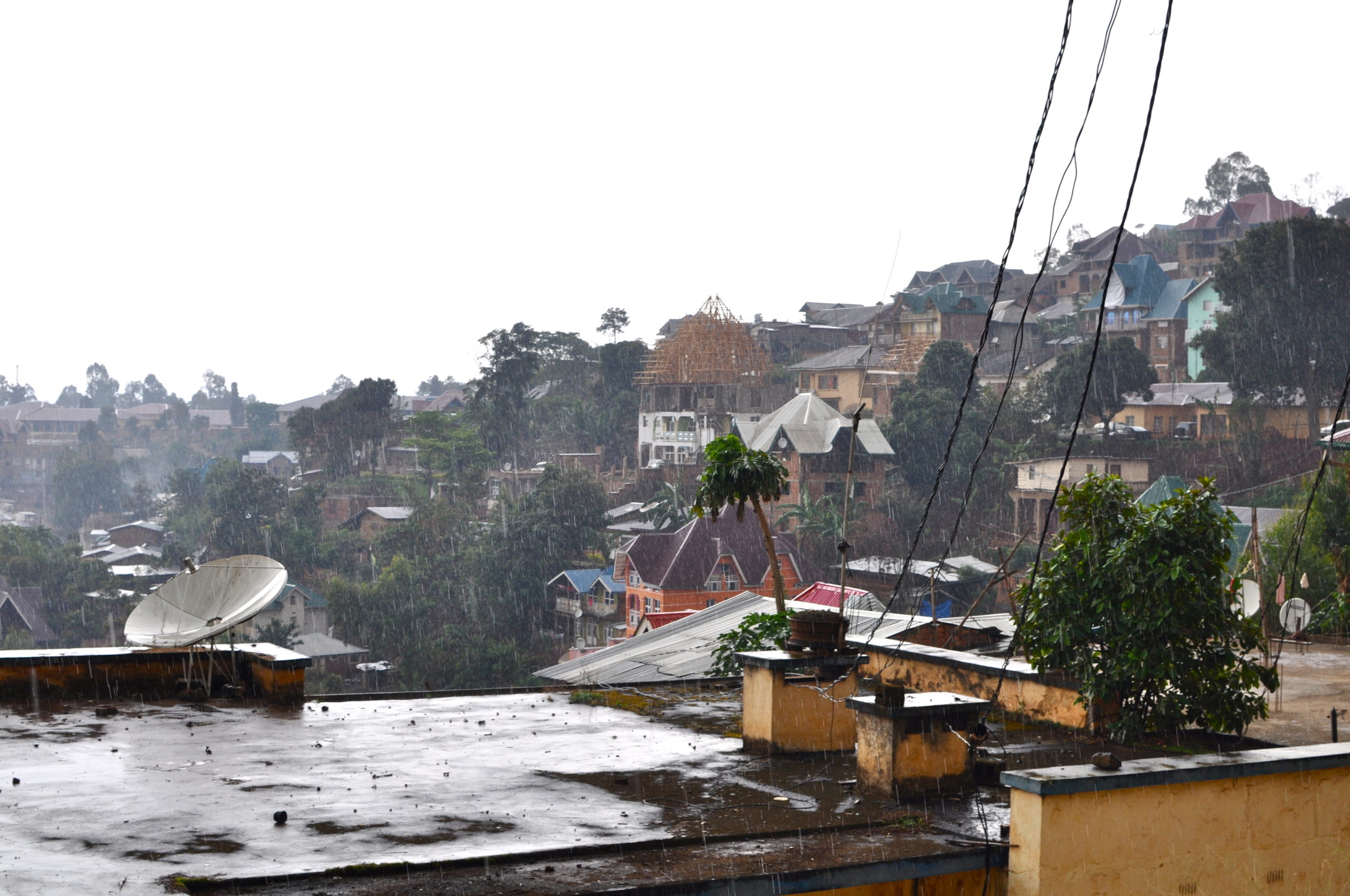
A Window for Progress in the DRC
For example, activists promoting resource rights are moving to capitalize on a major legislative win for communities affected by mining. During the development of a sweeping new mining reform bill, several of the Fund’s grantees drafted key provisions to hold the government and corporations accountable for human rights related to mining. The resulting bill, passed in 2018, did not contain everything communities had hoped for, but the new law provides significant tools to rights advocates.
Most importantly, it allows local people to benefit from the minerals extracted from their lands through participatory resource-management mechanisms that bear potential for equitable, more inclusive, and environmentally friendly management of the country’s natural resources.
The law also codifies improved corporate social responsibility and raises royalties on mining companies operating in the DRC. It mandates that mining permit holders give a percentage of their annual revenue back to those affected by extractive industries and join monitoring committees to work with local communities toward full implementation.
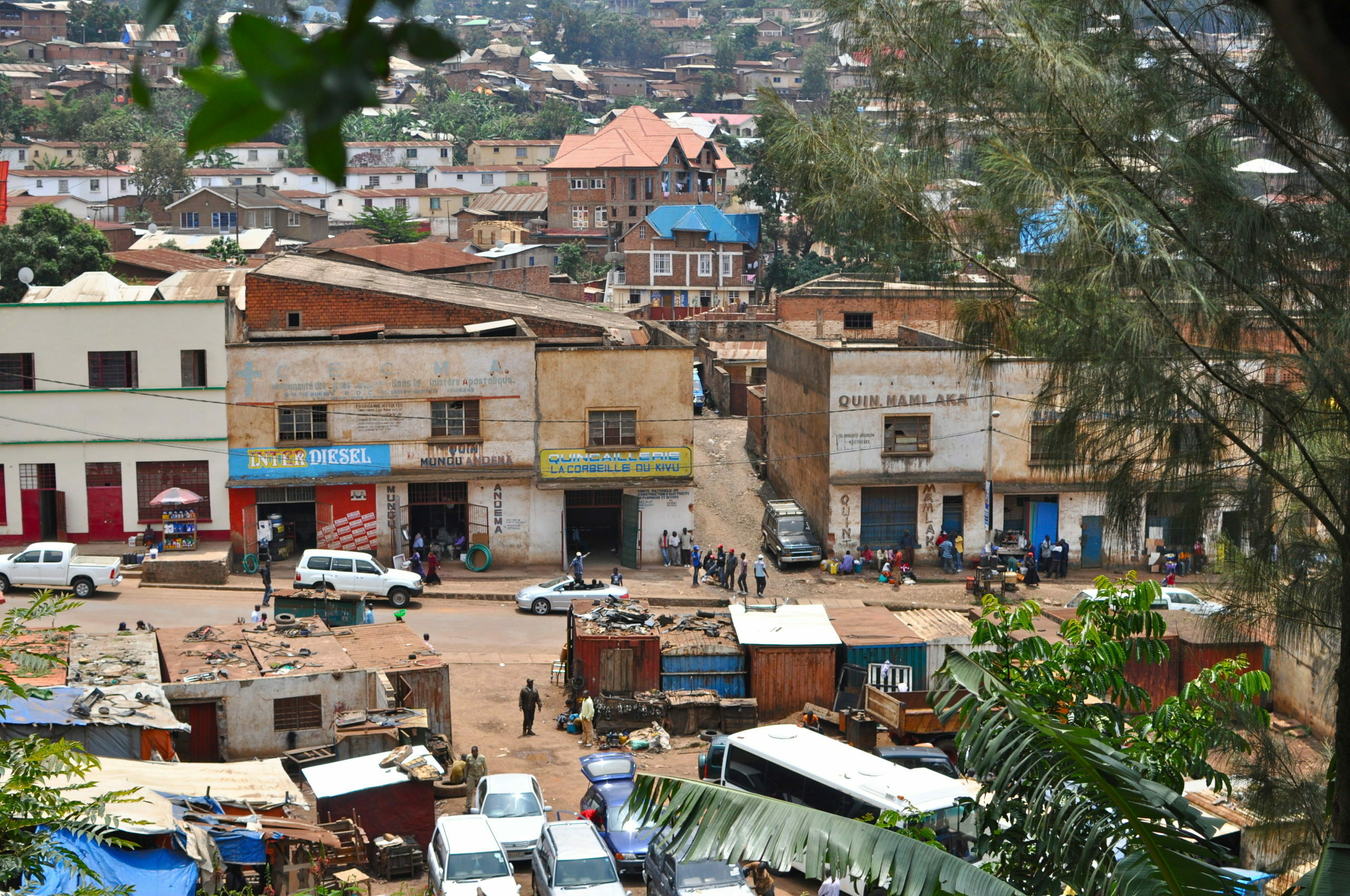
New protections in the mining code represent a big step forward for human rights in the DRC. But for Congolese civil society, the real work lies ahead: ensuring that miners and mining-affected communities equally benefit from these hard-fought reforms, funds for community development, and new ways to impact how resources are managed.
Through our program in the DRC, the Fund supports efforts to establish the rule of law and strengthen the capacity of community-level and national activists—both will be essential to translate these mining reforms into real change across the country. A thriving, independent civil society is a critical step toward fostering resilient institutions, robust rule of law, and a culture of respect for human rights.
The Fund supports on-the-ground watchdog groups that hold local governments accountable for their commitments and corporations responsible for their actions. And it funds local experts who educate communities on their rights and help develop solutions. By resourcing and working with community-based activists in areas afflicted by human rights abuse, the Fund builds capacity from the bottom up and shifts power back into local hands.
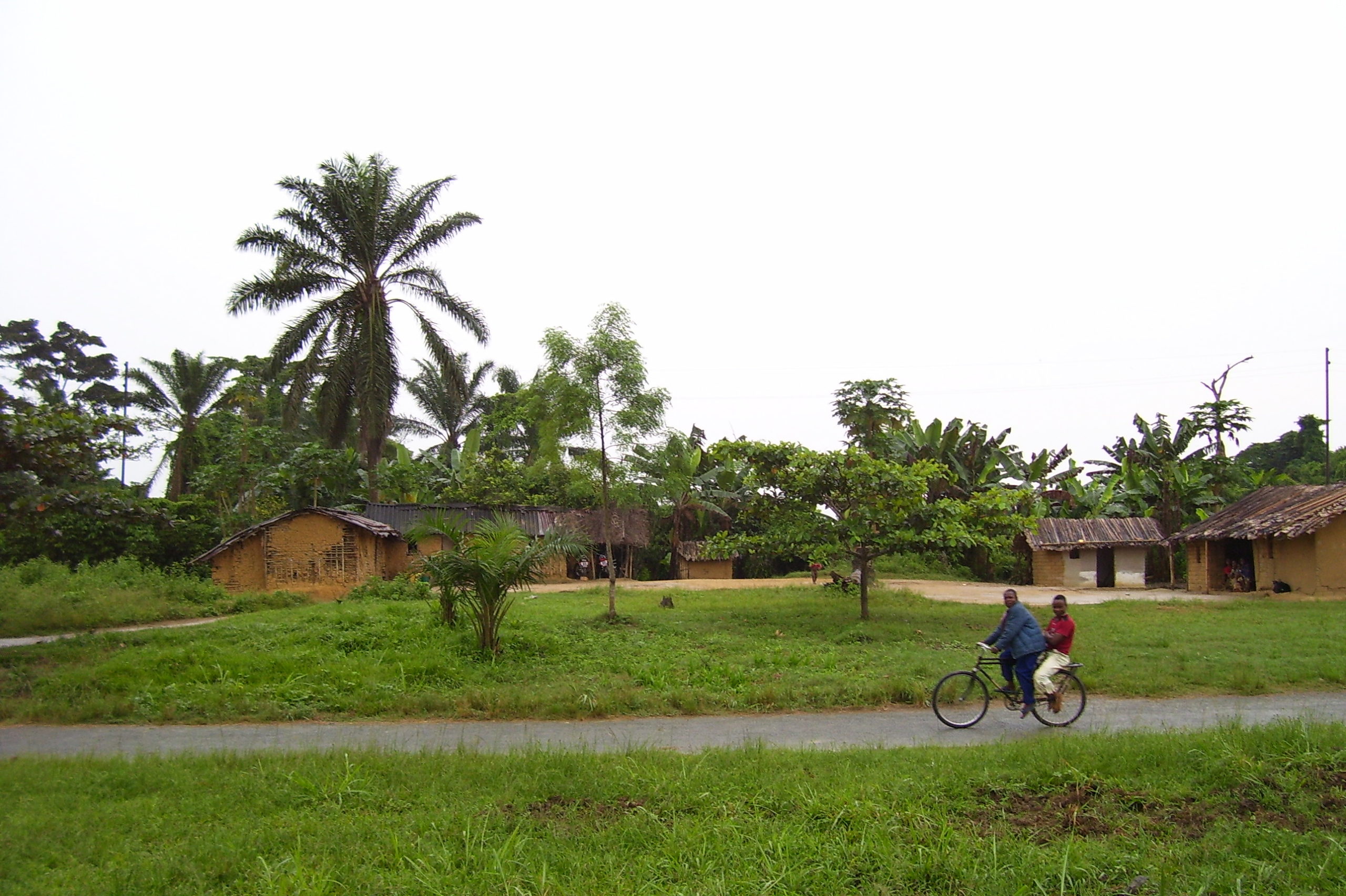
National Reforms, Local Solutions
One of the Fund’s grantees in the DRC is the Bureau d’Etudes Scientifiques et Techniques (the Office of Scientific and Technical Studies, or BEST), which operates in the neighboring eastern provinces of South Kivu and Maniema. BEST works with local leaders in the chiefdoms of Kamituga, Lugushwa, Luhwindja, and Salamabila to make sure communities understand their rights and that key provisions of the mining code are fully and properly implemented.
Mining-affected communities across the DRC have already begun to receive an influx of capital from extractive industry revenues—sometimes as much as millions of U.S. dollars, wired straight to local entities. But vague or ambiguous language in the new code leaves the door open to embezzlement and personal enrichment. BEST is helping communities conduct need assessments and produce local development plans, so that key provisions will provide tangible benefits to all members of affected communities, not just the local elite.
Another crucial aspect of the new code is the creation of local monitoring committees, made up of mining company representatives and community members who are charged with managing mining revenues and implementing development plans. With the Fund’s support, BEST has helped leaders in the Luhwindja chiefdom set up a local monitoring committee to negotiate with the area mining company—meaning the community, not the mining company, dictates the terms of agreement.
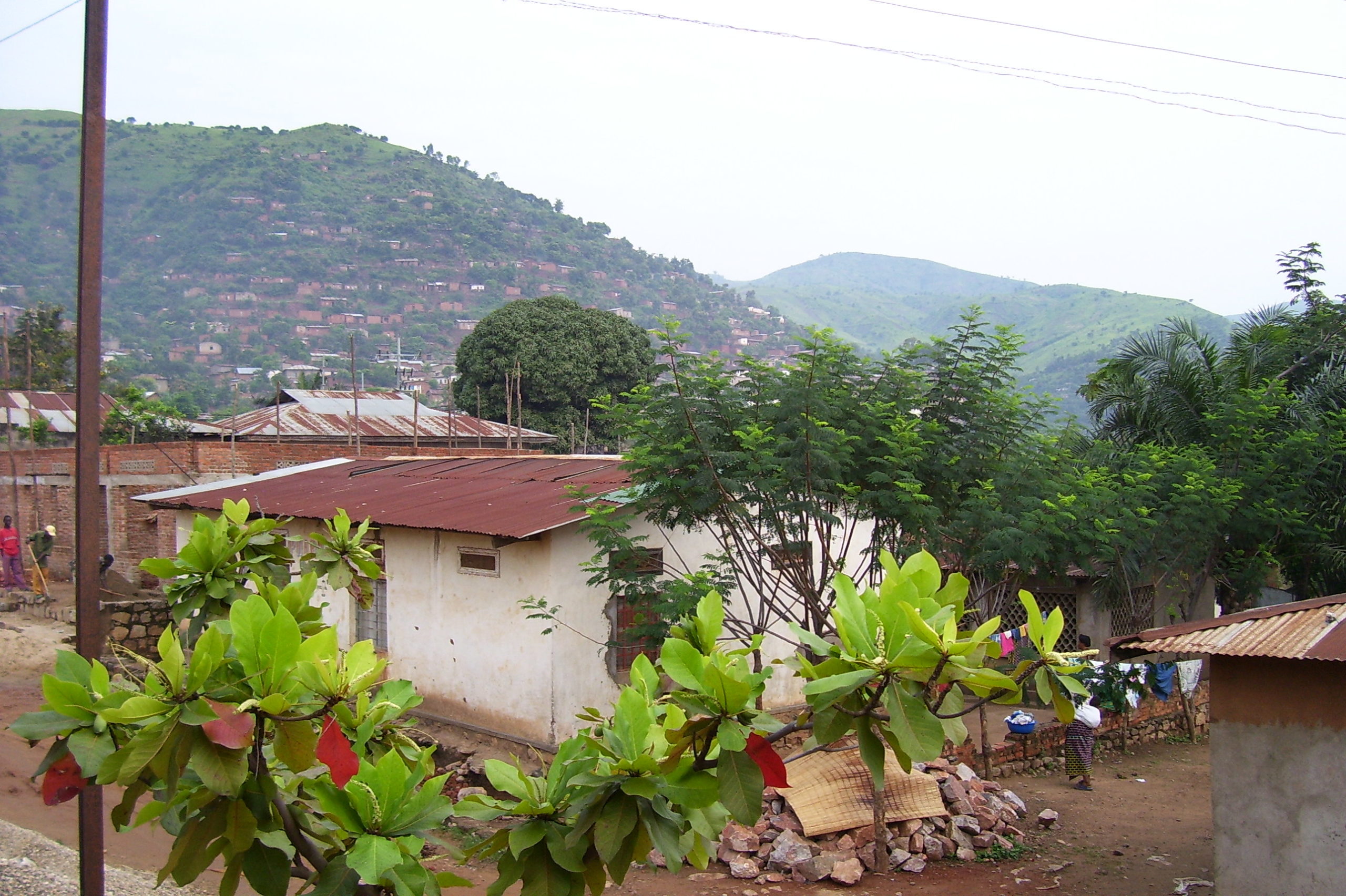
Improving conditions in the Congolese mining sector offers an opportunity to strengthen corporate accountability and gives communities a voice in how the country’s natural resources are managed. Enabling mining-affected communities and mine workers to defend their own rights is a critical part of creating lasting change.
But mining reform isn’t the only pathway to equitable development. Resource rights activists are also wrestling with how to use the improved legislative framework to realize their vision of sustainable, diversified, and rights-based livelihoods in the DRC. Groups like BEST are in a race against time to prove that reforms can take root in the DRC and provide a model for future success.
